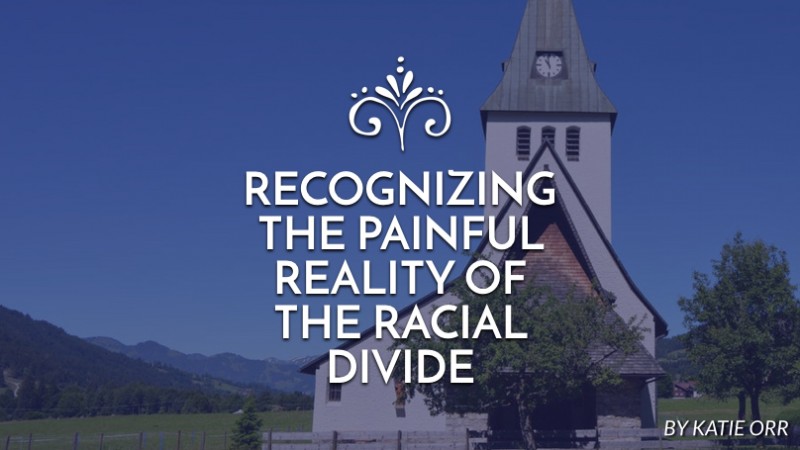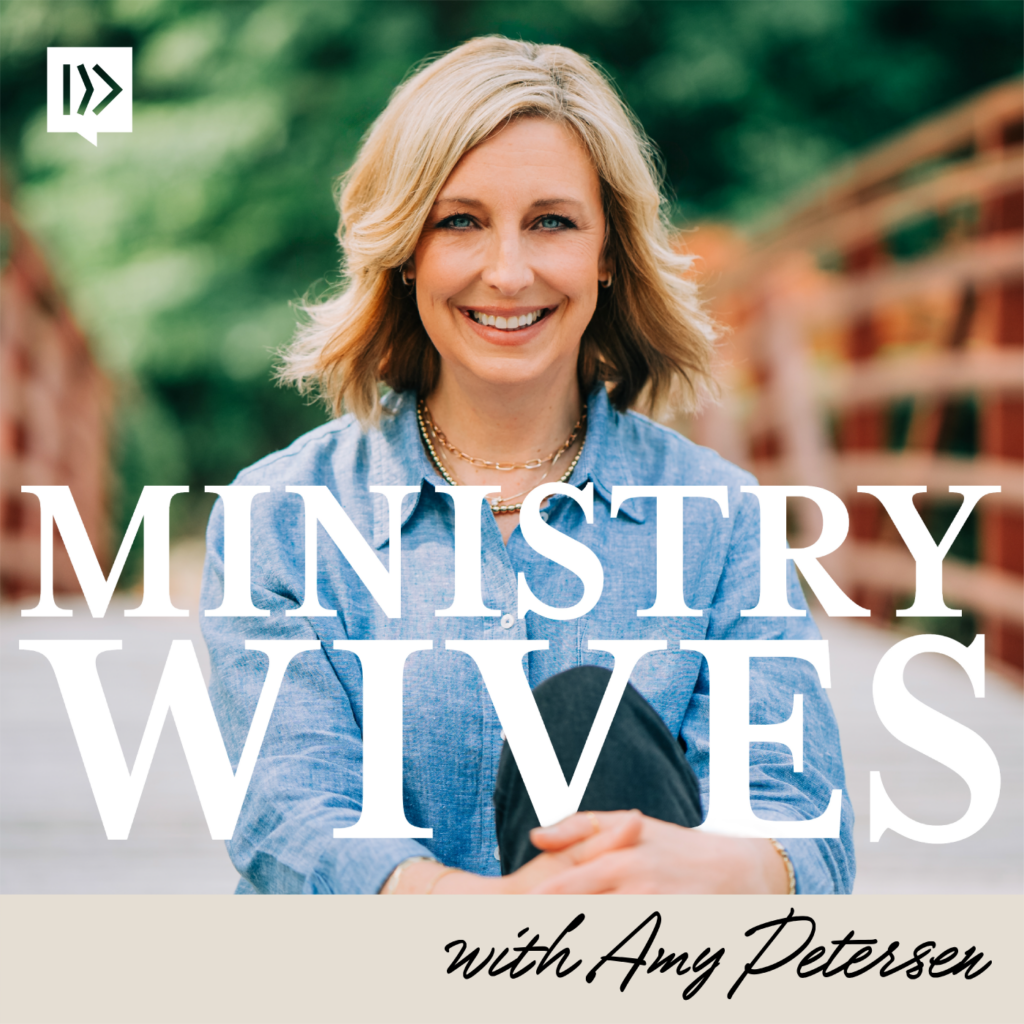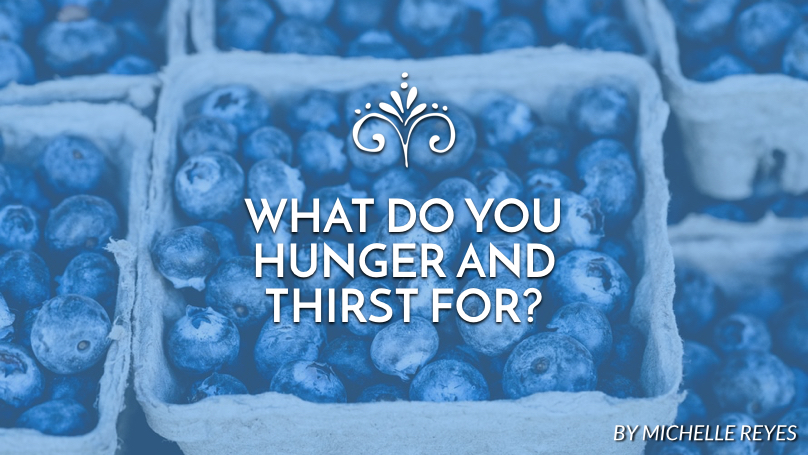In a small town outside Selma, Alabama, shortly after my dad graduated high school in 1960, my grandparents received a knock at the back door. Several men stood on the doorstep. I don’t know every word that was said that evening, but I am painfully aware of these—”If I fill up your car with gas, will you be gone tomorrow?”
My grandfather was a Presbyterian minister. Their family moved every few years to take on a new assignment from the presbytery; they had only been in the small Alabama town little under two years. His previous congregation was in West Virginia, where his son (my dad) spent the first half of high school in integrated schools. This changed when they moved to Alabama where schools remained segregated.
Months before graduation, my father was given a history assignment. Seniors were asked to write an essay on the topic “Why I believe in segregation.” My daddy, who had already been a part of an integrated school and saw no problem with it, decided to complete the assignment but with a twist. He turned in an essay of “Why I believe in integration.”
Soon after, there was the knock at the back door. The men who had asked my grandfather to leave were members of the Klu Klux klan (KKK)—the leader of the clan was also a member of my grandfather’s church … hence, the courtesy of the complimentary gas tank top-off.
My grandfather immediately put in a transfer request for their next congregation.
Fast forward 50 years where, in another small southern town, a church youth group was experiencing growing pains. The unchurched youth who had been left to raise themselves were becoming an issue the pastor and deacons had to figure out how to best approach. One of these deacons, blinded by much prejudice and pride, was frustrated that their peace had been disturbed; their church-kids defiled. He made the comment, “That’s what you get when you let [n-word]s in church!”
Both of these stories grieve my heart. First, it grieves me that this has been our past. Second, it grieves me that it is still part of our reality. Third, and more grievously, that these actions and attitudes have come from within the church.
This ought not be.
Racism is incongruent with a Christ-follower. I believe most of us understand that by now, but there are still so many wounds, so many misunderstandings, so many blinders.
I don’t have any answers, really. I, too, find myself afraid of entering conversations in a meaningful way out of fear that I will offend my brothers and sisters. I worry that I will use the wrong term or hit a hot-button I don’t realize exists because—plain and simple—I am not them. I have not had to deal with what they have dealt with. I am ignorant of so much.
Though I lack the ability to see into hearts and feel what others feel, I do want to try. I want to be educated better on the history and the current reality of those who have been marginalized, mistreated and discriminated against. Though I’m not a fan of the name-calling and the mud-slinging that’s gone on this past election cycle, I am grateful for issues it brought to light, the resources that were passed around and the conversations that happened in living rooms.
As we recognize this divide, I pray we walk forward with humble hearts, gentle spirits and loving actions as we seek to glorify God in the days—and generations—ahead. We are in the midst of a complex and difficult season. Ignoring this issue is not an option. As leaders, we must each take a personal responsibility to lean into learning and honest exposure about the racial divide.
Here are a few helpful posts on race from Flourish:
- Why you need to talk to your kids about race by Judy Wu Dominick
- Entering the conversation about the racial divide by Christine Hoover
- The most frequently asked questions regarding race by Jemar Tisby
Also consider these insightful resources:
- What About the Minority Experience in America Do White Christians Often Miss? A quick and helpful video by pastor D.A. Horton.
- Understanding the Problem – Racial Justice Series: Part 1 [A Conversation with Propaganda] Brought to you by the VergeNetwork.
- Engaging Culture: Racism A message by pastor D.A. Horton.
- 7 Books on the White-Black Racial Divide You Should Read A list curated by the Gospel Coalition.
Published February 23, 2017



